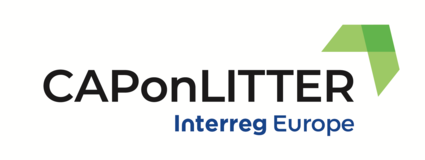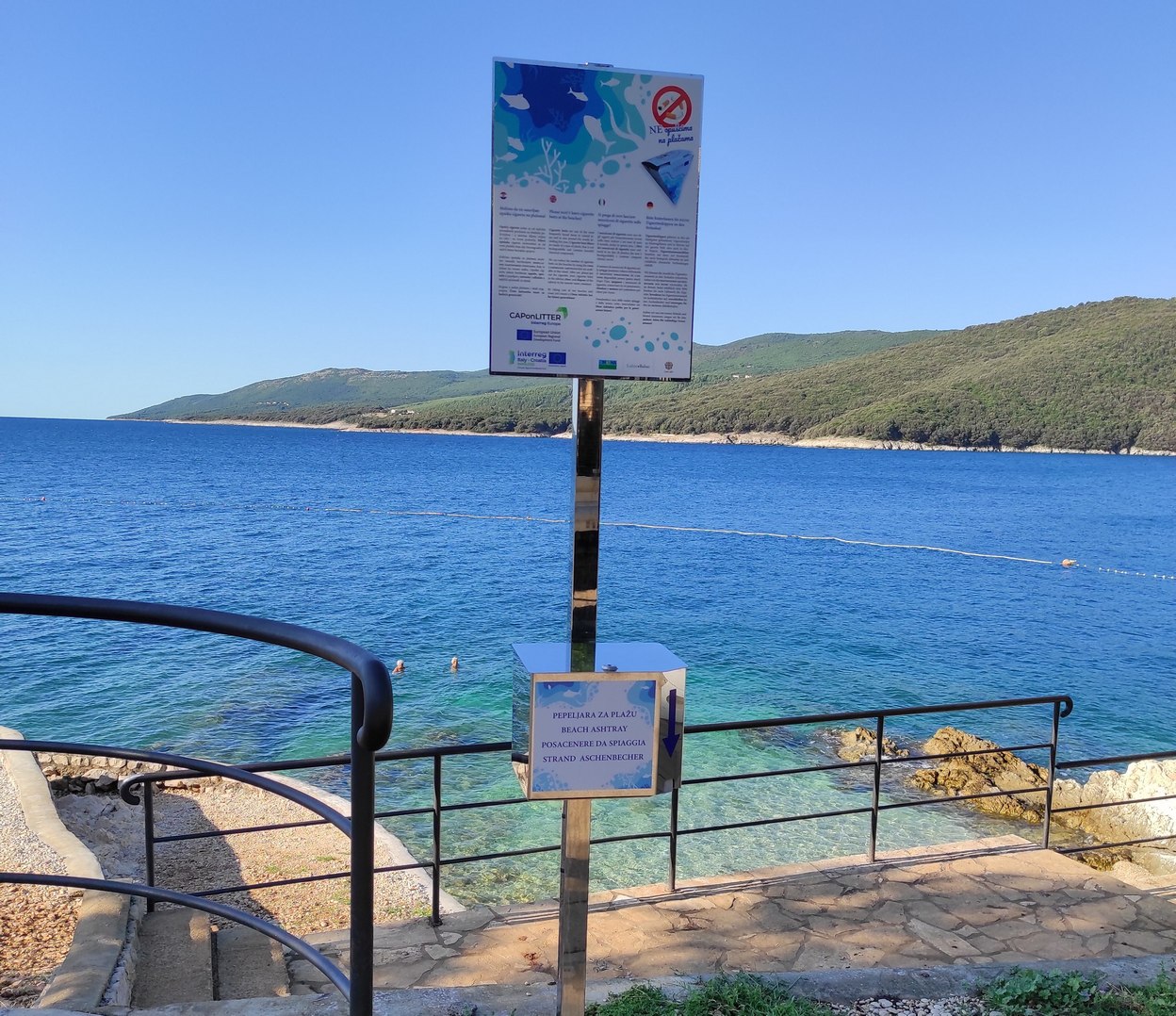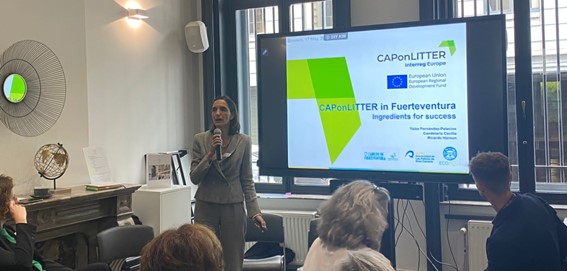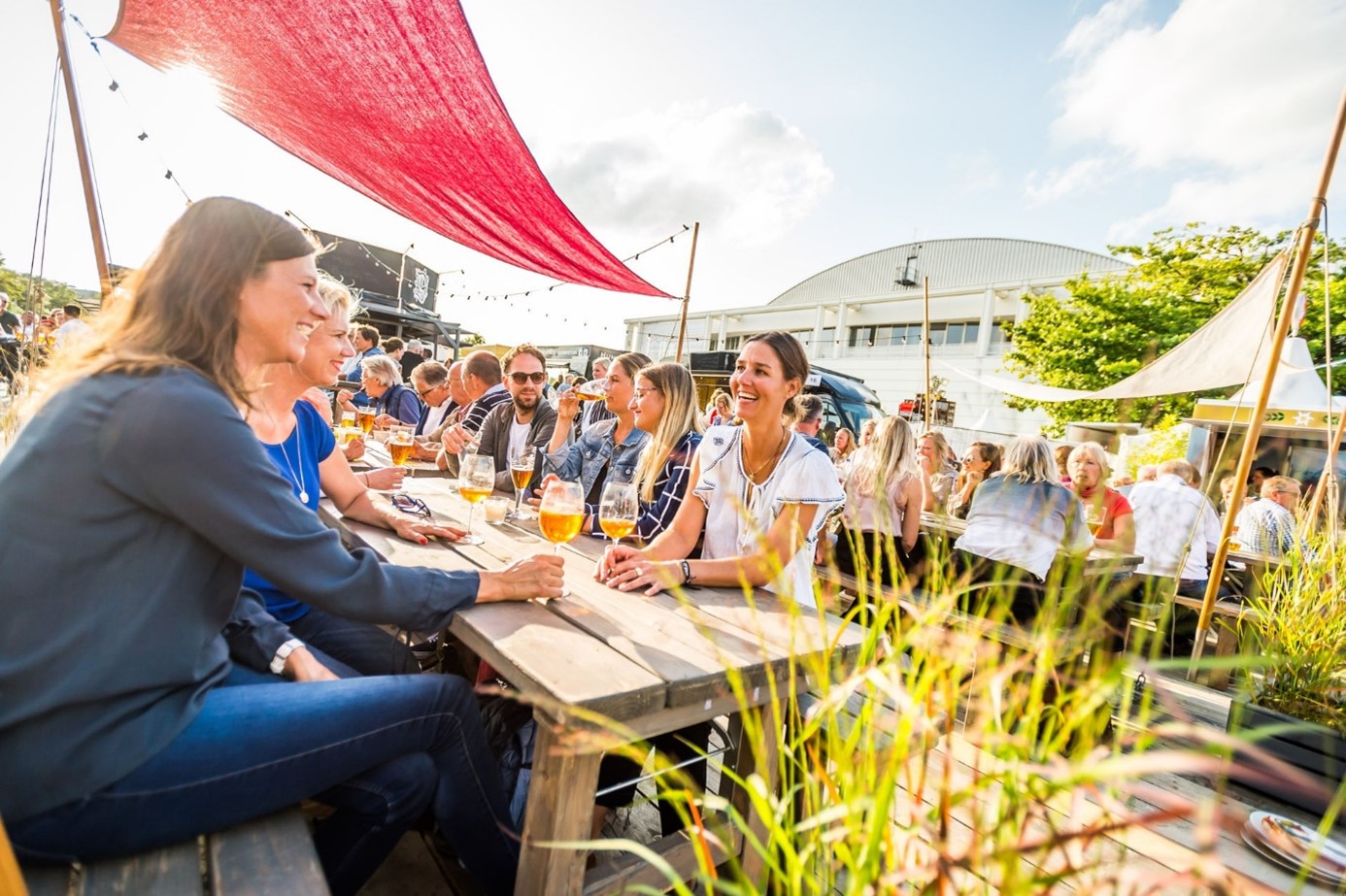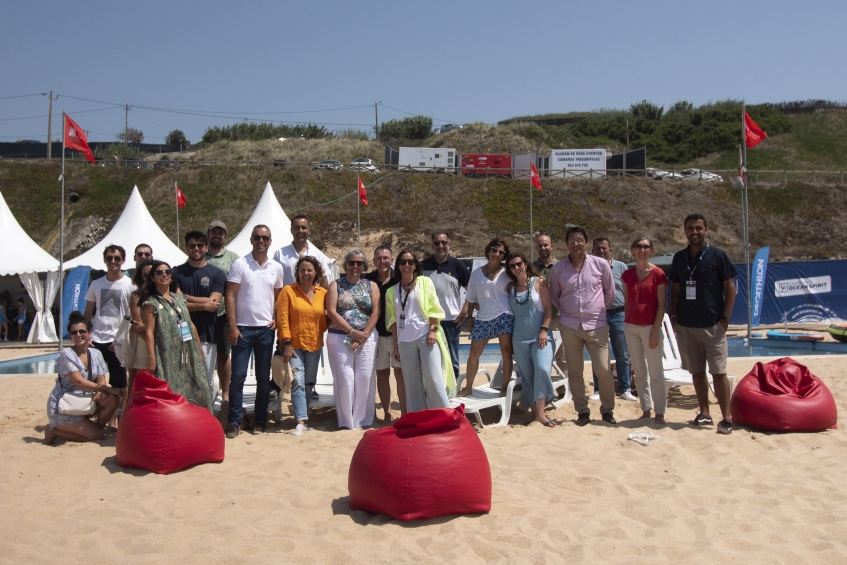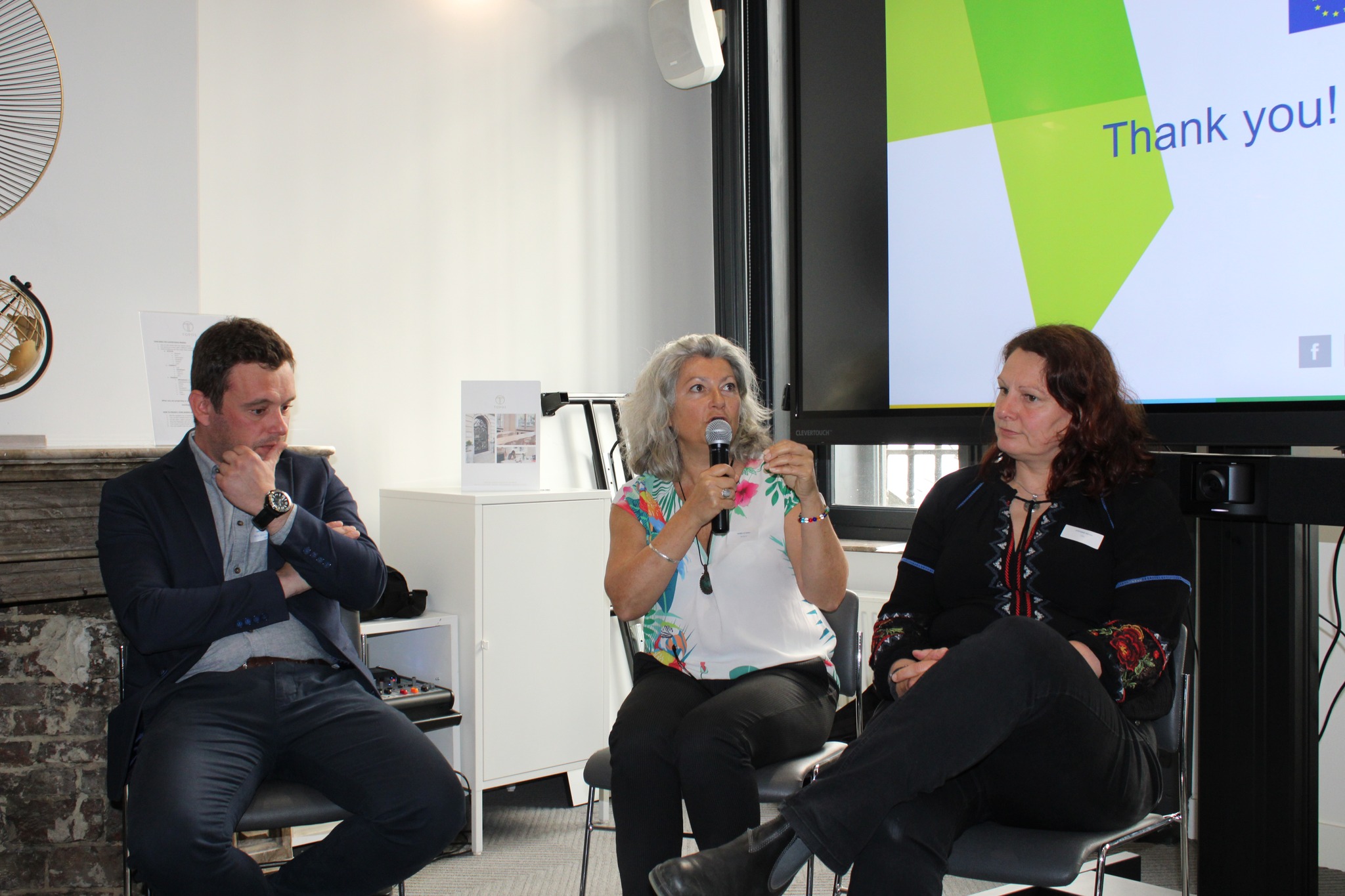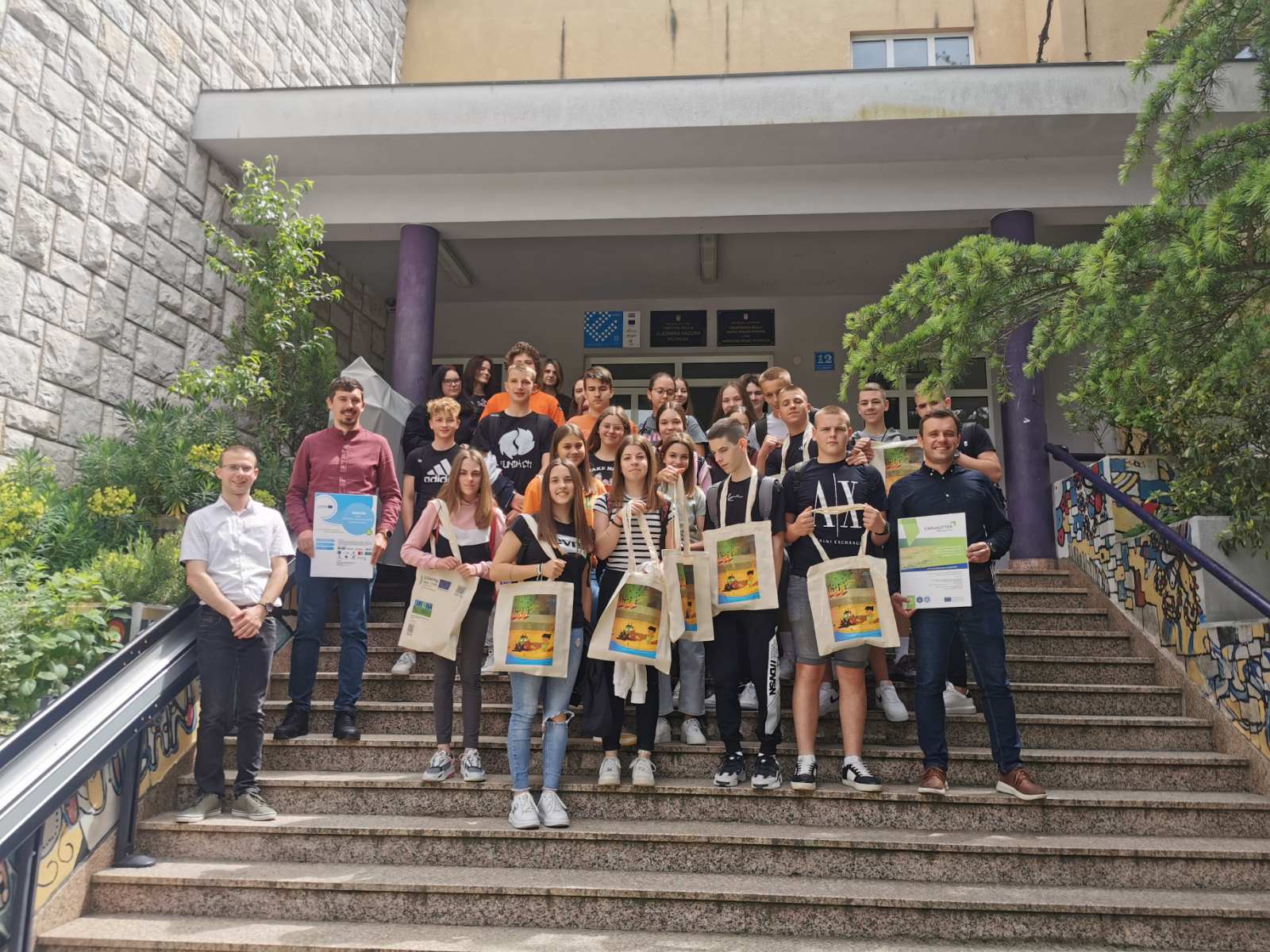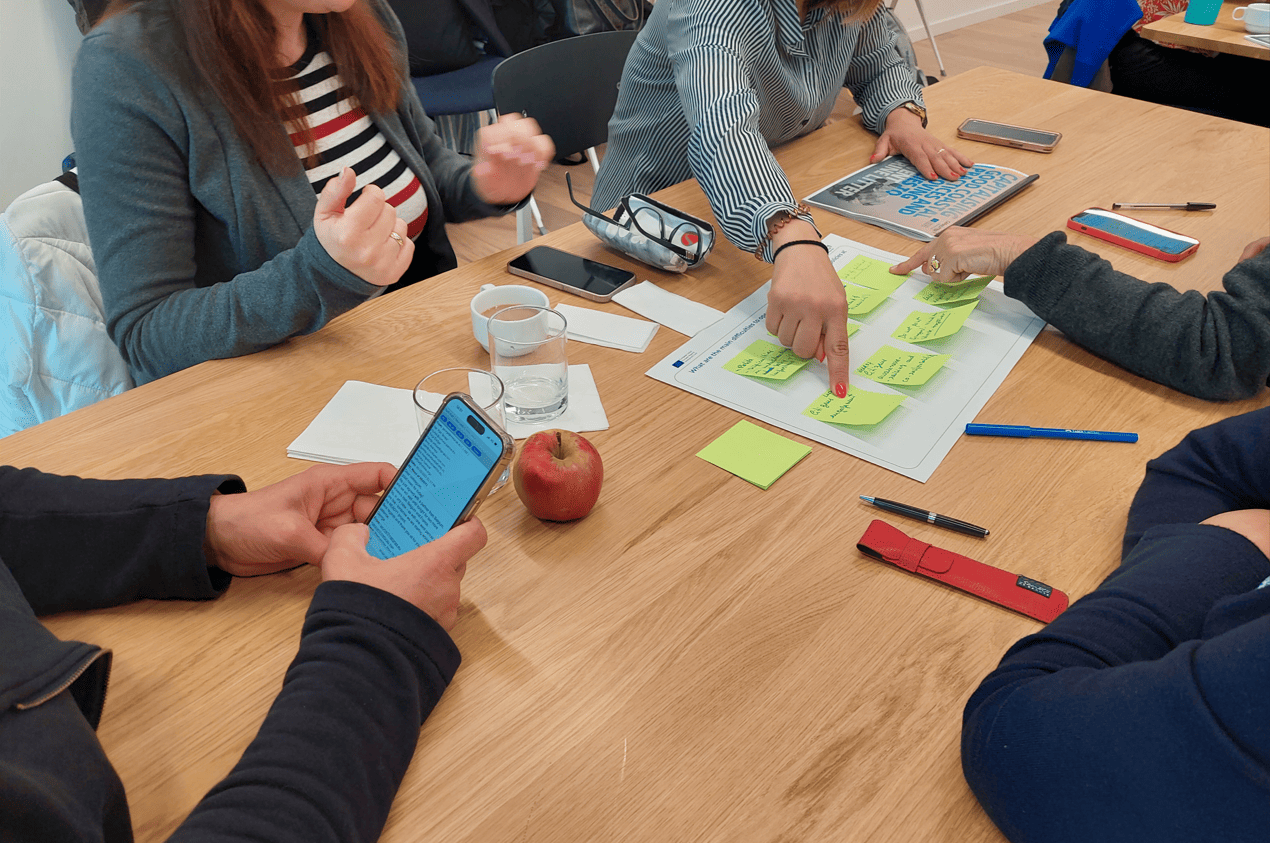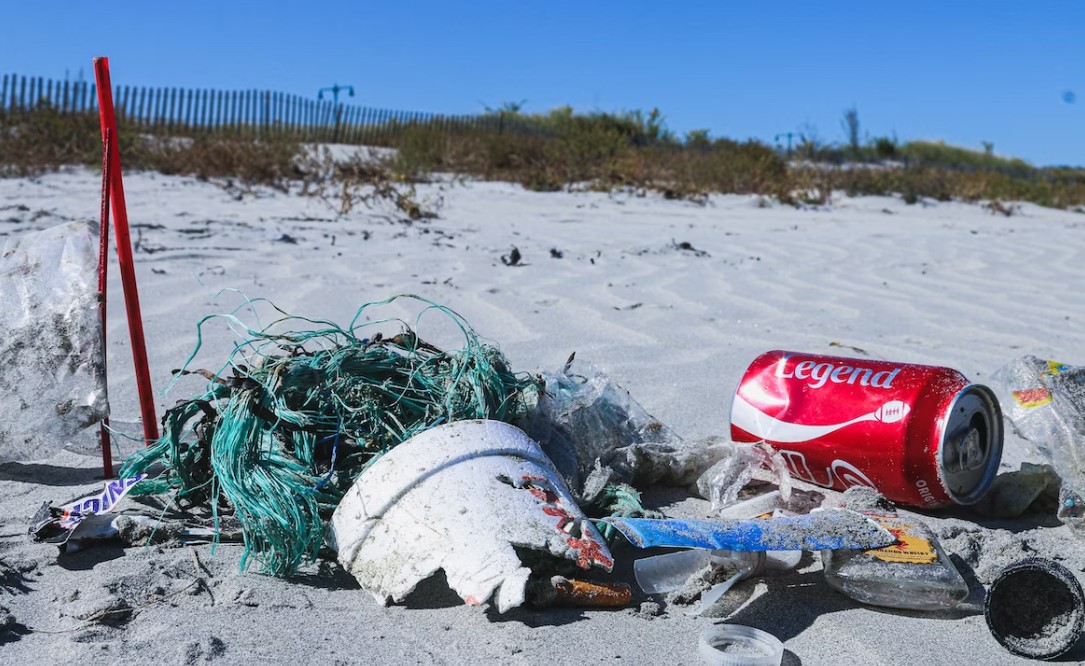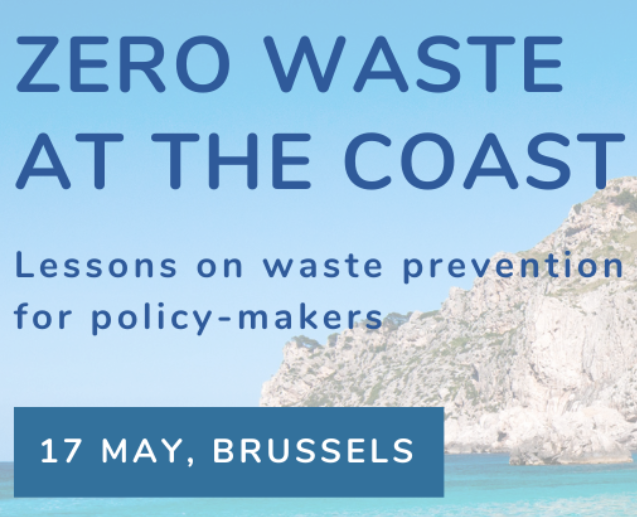The 1st Regional Stakeholders Workshop took place on 29th January 2020 at the Fuerteventura Training and Conference Centre (Fuerteventura Island, Canary Islands).
With the title "The zero waste challenge on Fuerteventura’s coastline", this first workshop was attended by 24 people from different fields of action, including stakeholders linked to green entrepreneurship, NGDOs associated with conservation and sustainable development, Canarian Government officials with political positions, consultancies, design and communication, etc.
As shown in the event's program, the first part of the workshop was carried out through three presentations:
- Marlene Figueroa Martín (Councillor for the Environment at the Fuerteventura Island Council)
- Ricardo Haroun Tabraue (deputy director of ECOAQUA University Institute, University of Las Palmas de Gran Canaria, CAPonLITTER project partner)
- Tony Gallardo (Director of the Fuerteventura Biosphere Reserve).
Marlene Figueroa, who opened the event, welcomed the participating stakeholders and journalists and thanked their presence. She said that the Department for the Environment at the Fuerteventura Island Council ‘is committed to reducing the use of plastics on the island in order to avoid the pollution they cause in our seas’. She also mentioned several initiatives underway, one of which is the program 'Desplastifícate', which will help raise awareness among citizens, to schedule monthly volunteer actions to enhance the cleanliness of the coast in critical areas, and to establish a monitoring system to mitigate the effect and impact that have the ‘ghost nets’ and other elements of fish and shellfish capture in marine fauna.
After this first speech, Ricardo Haroun presented the CAPonLITTER project, namely the issues addressed, the objectives, the partners, the methodology and the importance of stakeholders’ participation. He also explained to the attendees that this initiative has been generated with the aim of creating a tool to improve political measures and practices for the prevention of marine waste, and praised the work done so far on the island in this regard.
Finally, Tony Gallardo explained the management carried out so far in this field: "We are already working with other reserves in the named 'Zero Plastic Working Group', of the worldwide network of islands and coastal areas, which is rooted in local community values to address the serious impacts that existing plastic pollution in the atmosphere, oceans, fresh water and land systems has on biodiversity and human health".
Once the presentations were ended, there was a round of introductions by the participants, and then the participatory process started on schedule.
The main challenges identified by regional stakeholders in the issues raised during the workshop were: awareness, separate waste collection facilities and efficient recycling, lack of returnable for packaging, need for reducing single use plastics, the need to develop economic communities with zero waste philosophy synergies and to improve the citizen coordination, as well as to promote management of the coastline and intertidal area by marine environment specialists.
This event, also held in the countries of the rest of the project partners, is the first of several that will take place in the next periods, being the starting point of the following activities planned in the CAPonLITTER project. In a participatory manner, views, concerns and opportunities were gathered and discussed to better understand the needs and the potential options of practices and policies that may improve the territorial situation.
You can find some photos of the workshop and read the reports here.
Follow the Facebook and Twitter pages of the CAPonLITTER project!
